
Maria Muldaur
Maria Muldaur is one of those perennial luminaries in the music world that we all too easily take for granted. But even though her biggest hit, “Midnight At the Oasis,” came out in 1973, she has consistently created a body of quality, genre-spanning work that has one foot in the past and one eye on the future. It’s no small feat, then, that the annual Acoustic Sunday Live! series was able to add her to its roster this year, along with several other Americana talents. As with last year’s show, all proceeds benefit the nonprofit Protect Our Aquifer, dedicated to warding off threats to the pristine quality of this city’s natural underground water supply. I caught up with Muldaur to see what she’s been up to lately, and it turns out that it’s been quite a lot.
Memphis Flyer: Is your stop in Memphis part of a tour, or is this a one-off thing?
Maria Muldaur: First of all, I’m always doing a lot of shows. I haven’t slowed down at all. I started the year with a Grammy nomination for my 41st album, and did a couple of tours this year. In the fall I was awarded the Americana Music Association’s Trailblazer Award. And so in that sense I am doing a lot of shows, most of the time, but my stop in Memphis is to do something very special: a benefit for the aquifer. And then I’ll be doing some Christmas shows with an amazing guitarist named John Jorgenson. I’m looking forward to that. And that closes out the year for me.
MF: I know the progressive community in Memphis appreciates you lending your voice to this cause. You’re no stranger to wedding your musical talent to a political vision.
MM: Well, first of all, environmental causes shouldn’t be just for progressive communities. These different environmental crises and situations we’re facing are things that concern all of us, as a human, or even an animal, on the planet. These are universal issues. But I’ve always really cared about the environment, and about social issues.
In 2008, I put out an album called Yes We Can!. After making almost forty albums, I was searching for a theme for the next one, and I thought about all the issues that were weighing on my heart and mind at the time. So I came up with the idea of doing a protest album. But I quickly realized after a few days that I had never really liked “protest music” that much when it was first coming out in the early 60s. I totally believed in the causes they were singing about, but the music itself seemed a little dreary and overly serious for me.
So over a couple of days, the idea morphed into doing a pro-peace album. And I used a lot of songs that soul and R&B artists had written and recorded in the late 60s and early 70s. So I switched my focus a little bit and put together some wonderful songs from that era, including three Bob Dylan songs, and also songs by Marvin Gaye and so forth. And I formed something called the Women’s Voices For Peace Choir which included Bonnie Raitt, Joan Baez, Jane Fonda, Odetta, Phoebe Snow, Holly Near, Jenni Muldaur, and others. I gathered up a bunch of women who had raised their voices in the cause of peace and social justice and the environment. Whether it was through singing or another medium. And anyway, we all got together and did that album. I always like to do songs that address those issues. As long as they’re full of spirit and good music. I guess I would call it protest music to dance to.
MF: And the song “Yes We Can, Can” is a perfect example of that. Was that recorded in New Orleans?
MM: No, it was recorded here in the San Francisco Bay Area. But I have recorded many albums in New Orleans, including my last one, which was my 41st album. That was called Don’t You Feel My Leg, and it was a tribute to a wonderful blues woman from New Orleans named Blue Lu Barker. And I did that with a band of all-star, killer players from down there. My music is very informed by New Orleans music. So I have a special connection with that. But the “Yes We Can, Can” song was written by Allen Toussaint, one of New Orleans’ greatest musicians and songwriters, so you weren’t far off on that one. We lost a good one when he left us.
I also did the song “War.” And three Bob Dylan songs, “Masters of War,” “License to Kill,” and “John Brown.” To think that he wrote two of those when he was but 21 years old is kind of amazing.
MF: The song “John Brown” was fairly obscure — something he recorded under the name Blind Boy Grunt, for the Broadside Ballads album back in 1963.
MM: Possibly, but I actually first heard it sung by the Staple Singers. I’m a huge fan of the Staple Singers. In fact, I’ve known Mavis and the family since 1962, before they even broke out. I used to go hear them in a little church in New Jersey. I grew up in New York City. So Mavis and I go way back. And of course Pops Staples sang that one. And it’s just a riveting, really powerful, poignant song. I wanted to definitely include that one.
MF: It sounds like you’re somewhat familiar with the Memphis Sand Aquifer.
MM: I don’t know too many of the details, but the minute I heard a little bit about it, I said ‘Sign me on.’ It’s one thing when people make stupid choices without knowing any better, but now we do know better and it’s just sad that we even have to make an issue of it. It should be, ‘Oh, is this threatening to cause damage to our water supply? Oh, of course then we won’t do it!’
MF: Who will you be performing with in your Memphis show?
MM: Well, this is part of Bruce Newman’s benefit that he does every year, Acoustic Sunday Live! He does a benefit every year in the form of a hootenanny. It’s what we used to call ‘open mic’ back in the 60s. So I’m gonna be onstage with all of the other performers, including Ruthie Foster, who I dearly love. She’s just wonderful. Guy Davis, a wonderful guitarist. And Don Flemons. And also Doug MacLeod. So we’ll all be sitting onstage together, each doing a couple of songs. And they all play guitar and can back themselves up, but I explained to Bruce that I don’t play guitar. So I’m bringing my piano player from my band, the Red Hot Bluesiana band.
Blues is where I’ve comfortably settled after taking a 56-year odyssey through various forms of American roots music. My keyboard player for over 26 years, Chris Barnes, is going to back me up, because I need someone to accompany me. And I think there’ll be some nice interaction between us artists. There may be some duets and this and that. It’s a very informal and intimate format, really, and I’m really looking forward to it.
I think we’ll have fun because we’re all kind of musically interrelated in the styles of music we do. It ought to be a fun and creative evening. And I just hope that the folks of Memphis will come out to support this really good cause. It’s something that affects all of them. Besides raising money, we have to raise awareness about this and make people ever more aware and ever more vigilant about issues that are directly impacting the health of their environment.
I don’t care what party you support, we all have to breathe and we all have to have clean air and water. That these kind of things should even be an issue means we’ve got a long way to go to catch up with a lot of the rest of the world. The rest of the world is waking up and placing more of a priority on cleaning up the environment and rehabilitating it. We need to do everything we can not to further damage the environment.
I love Memphis, the people, the culture, the music, not to mention the food of Memphis. And I actually built in an extra day on my trip so I could spend a whole day at the wonderful blues museum down there. And it’ll be a special treat to be up on the stage with my brothers and sisters. I hope everyone will turn out and make it a success. Amen!
Maria Muldaur appears at Acoustic Sunday Live! The Concert to Protect Our Aquifer, with Ruthie Foster, Dom Flemons, Guy Davis, and Doug MacLeod. Sunday, December 8th, First Congregational Church, 7 p.m. Proceeds go to Protect Our Aquifer. To purchase tickets, go to acousticsundaylive.eventive.org.



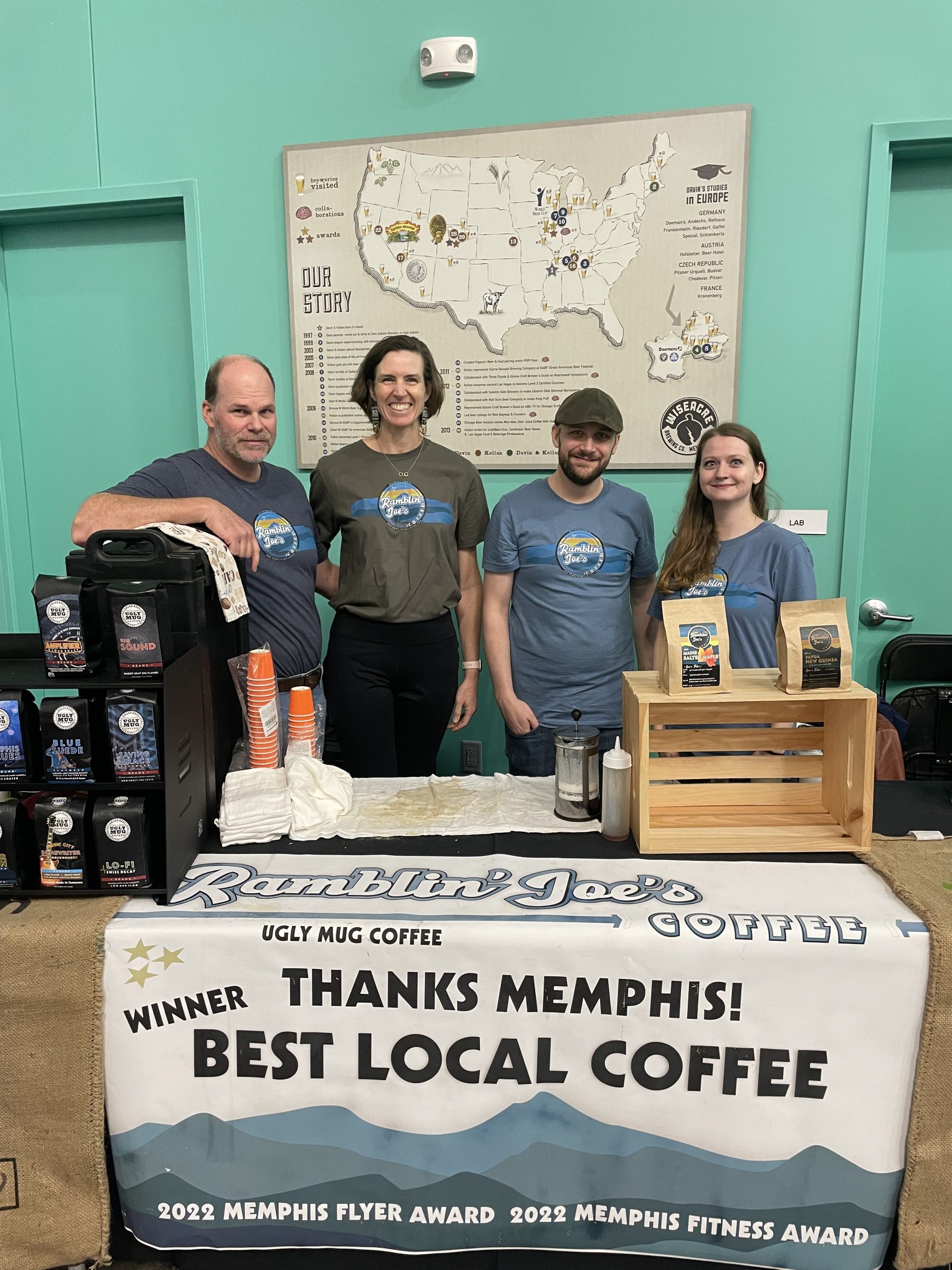




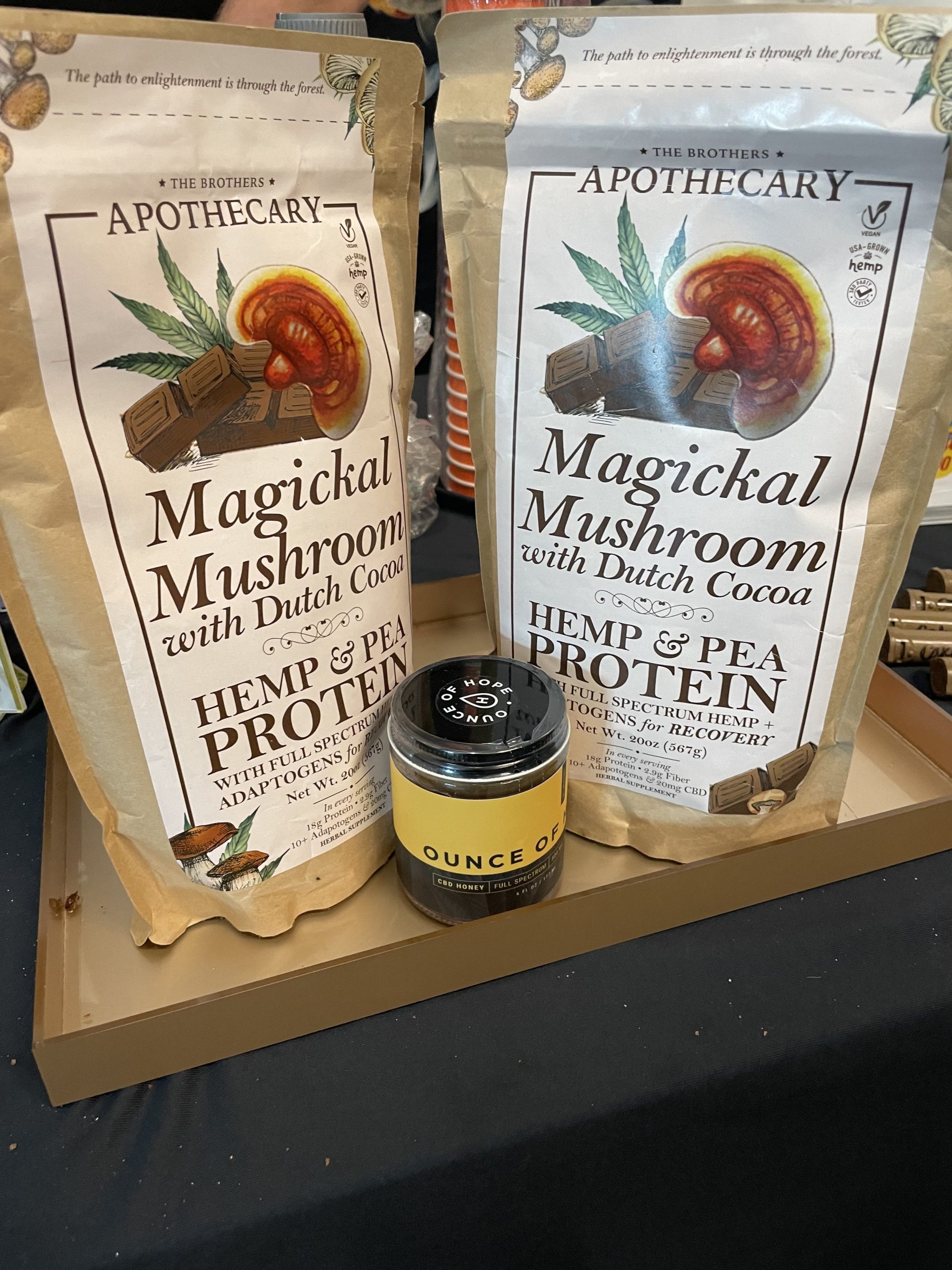

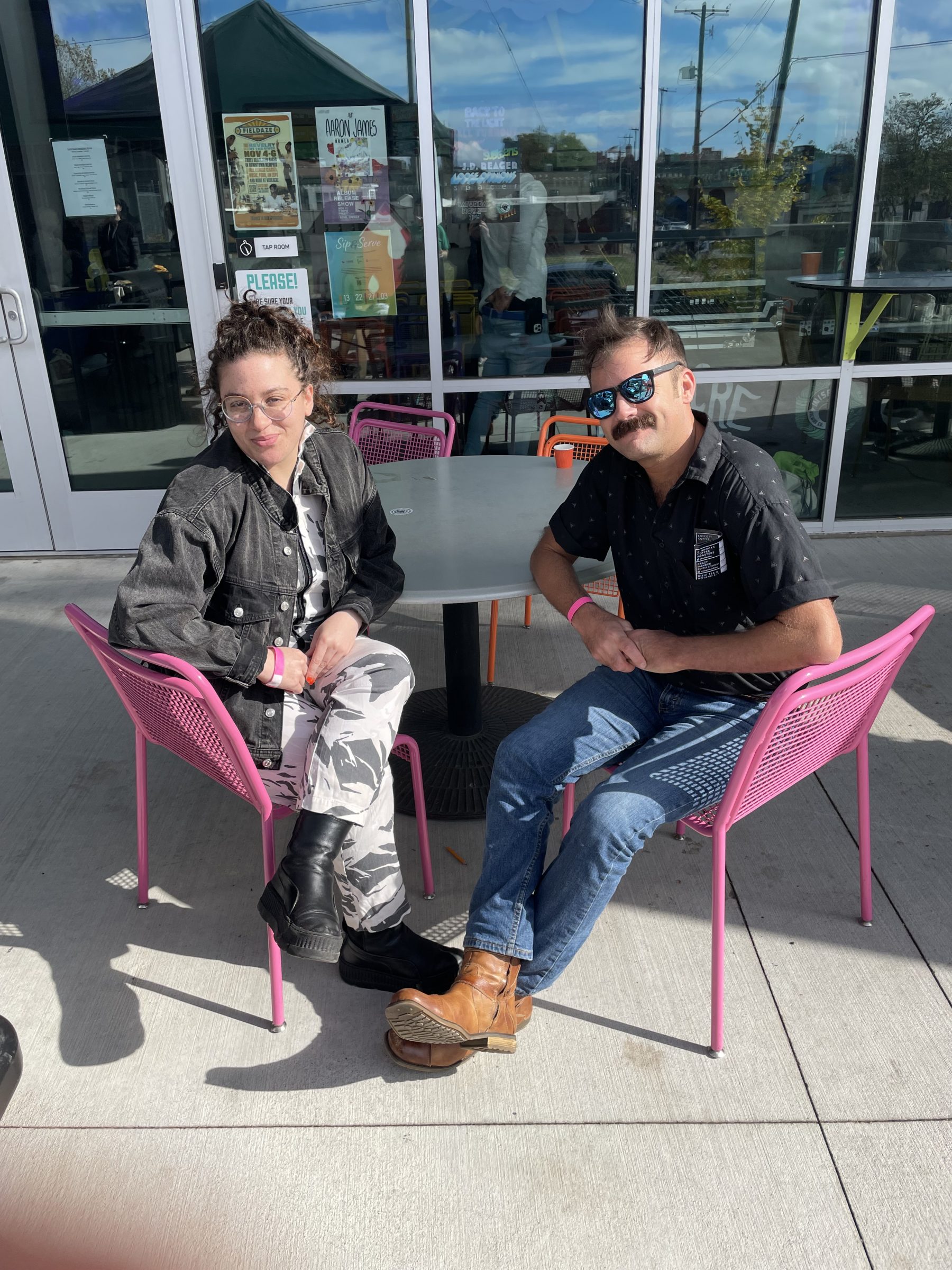








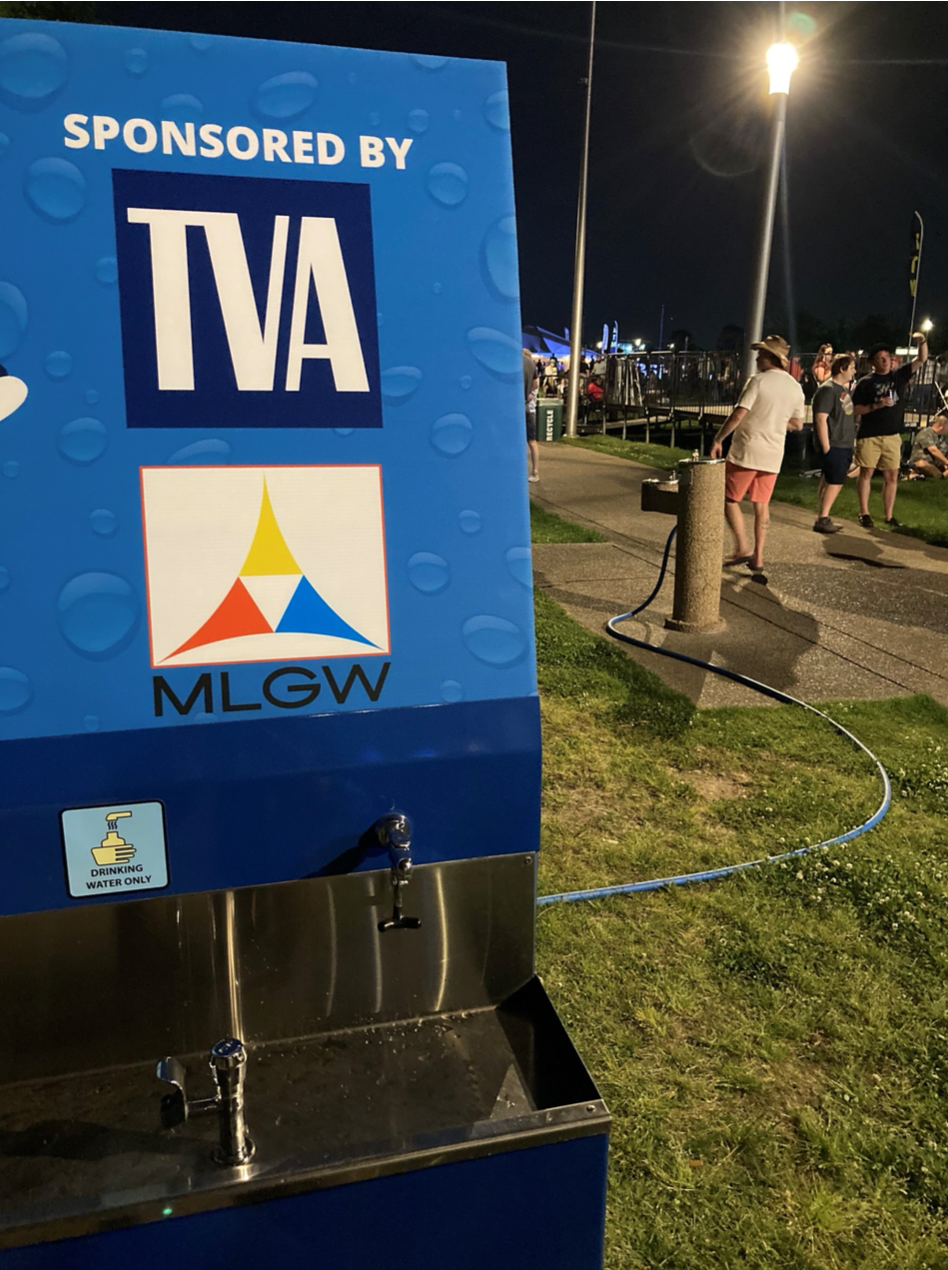


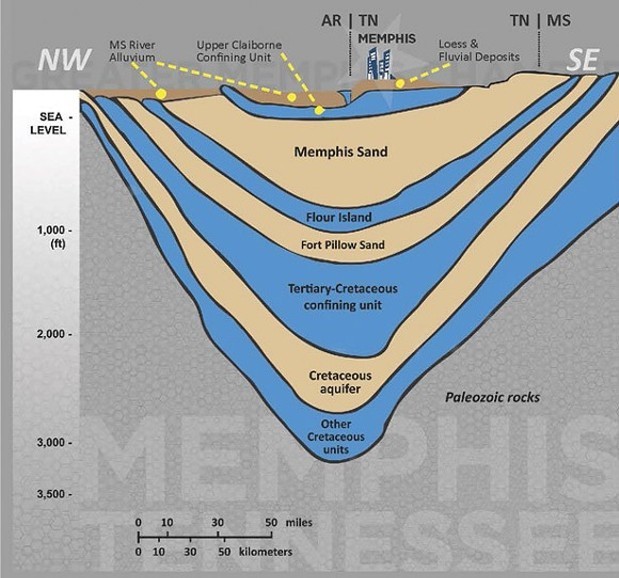 Corey Owens/Greater Memphis Chamber
Corey Owens/Greater Memphis Chamber 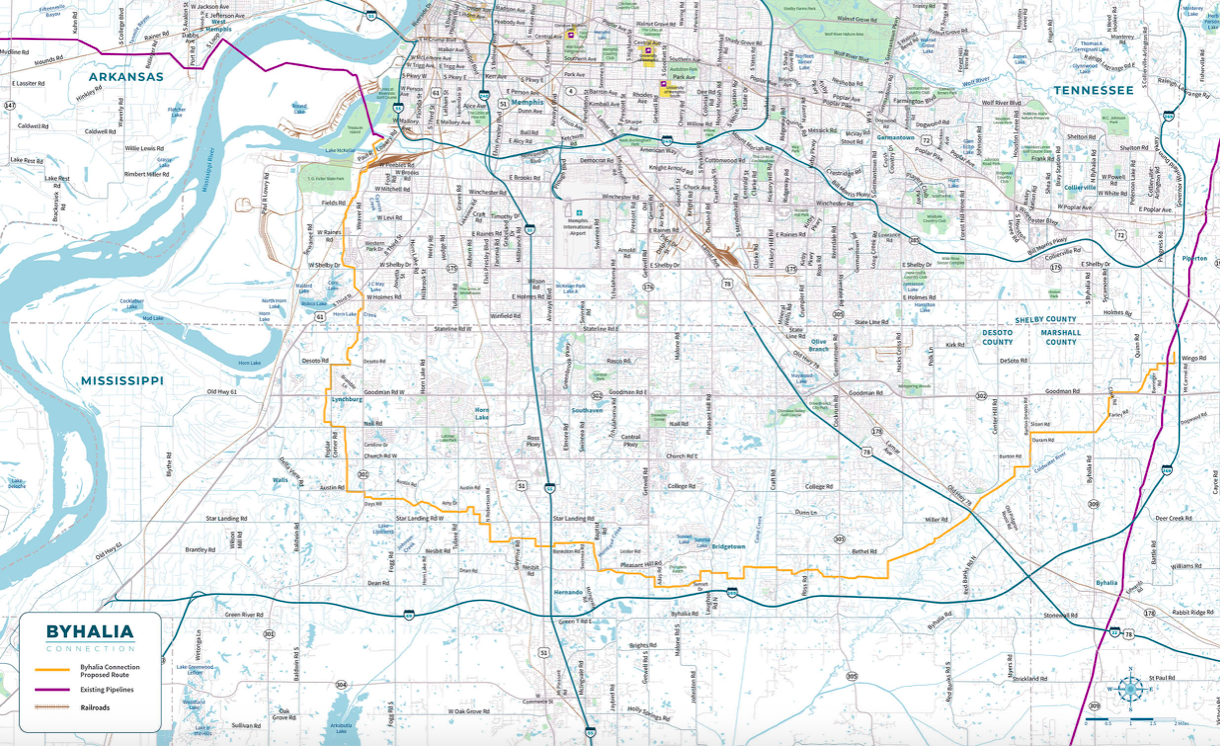 byhaliaconnection.com
byhaliaconnection.com  Southern Environmental Law Center
Southern Environmental Law Center 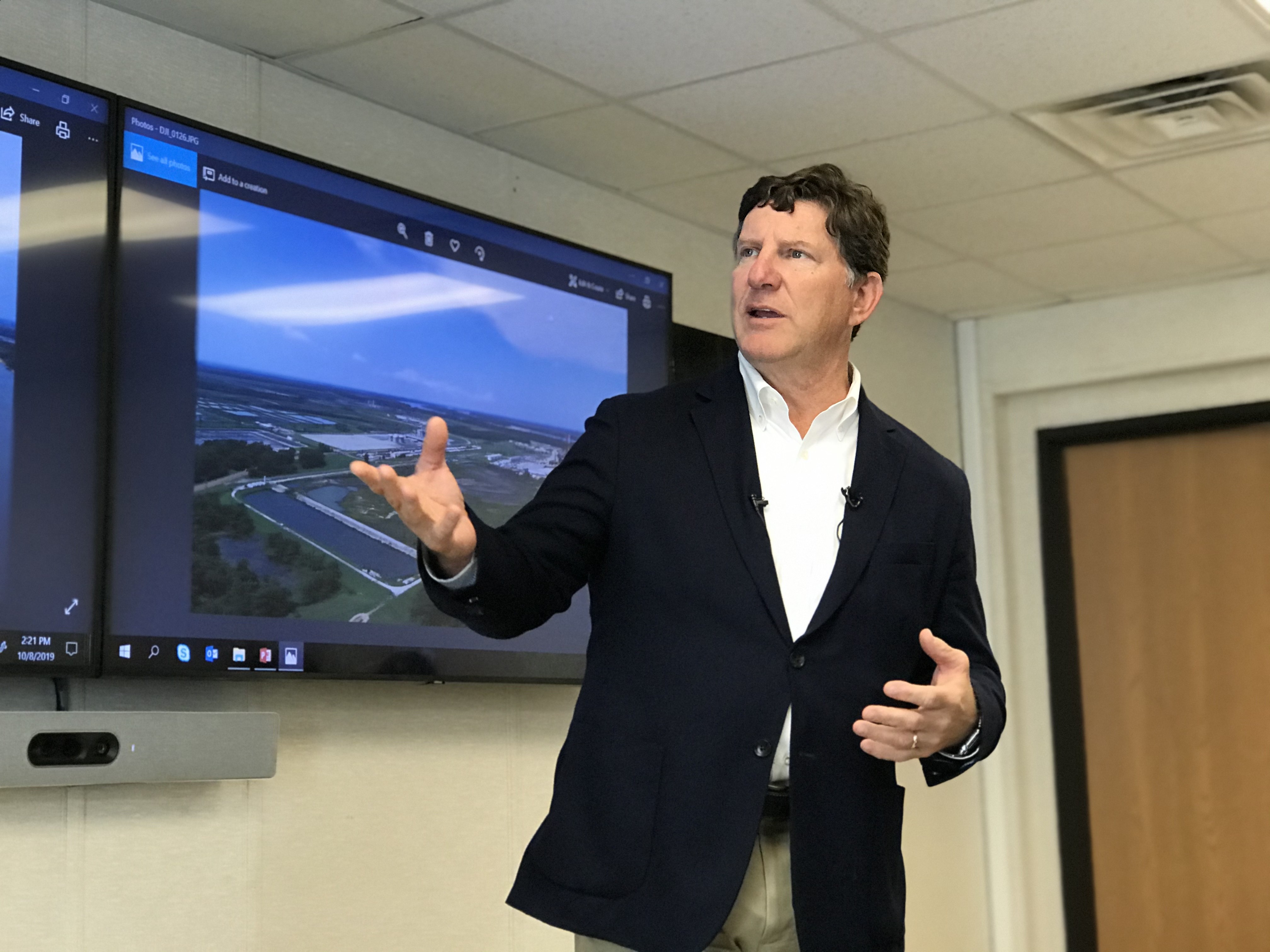 Toby Sells
Toby Sells 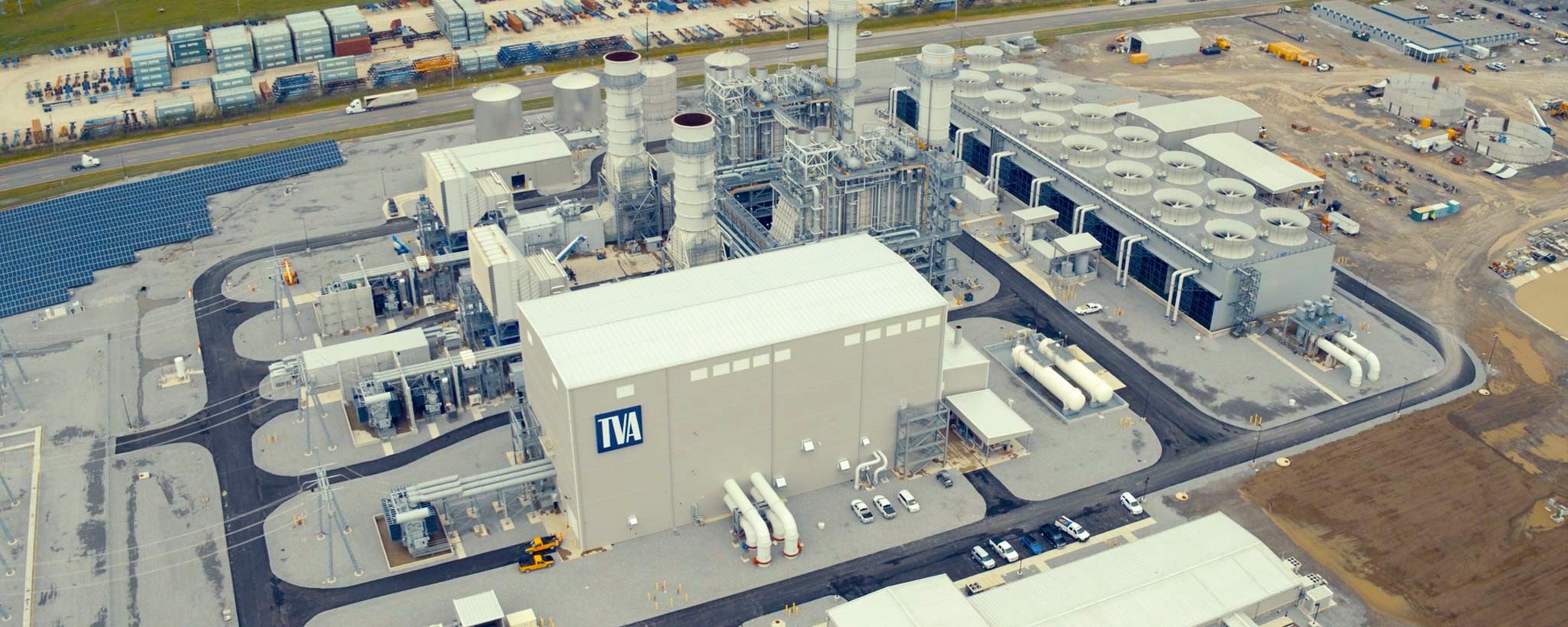 TVA
TVA 
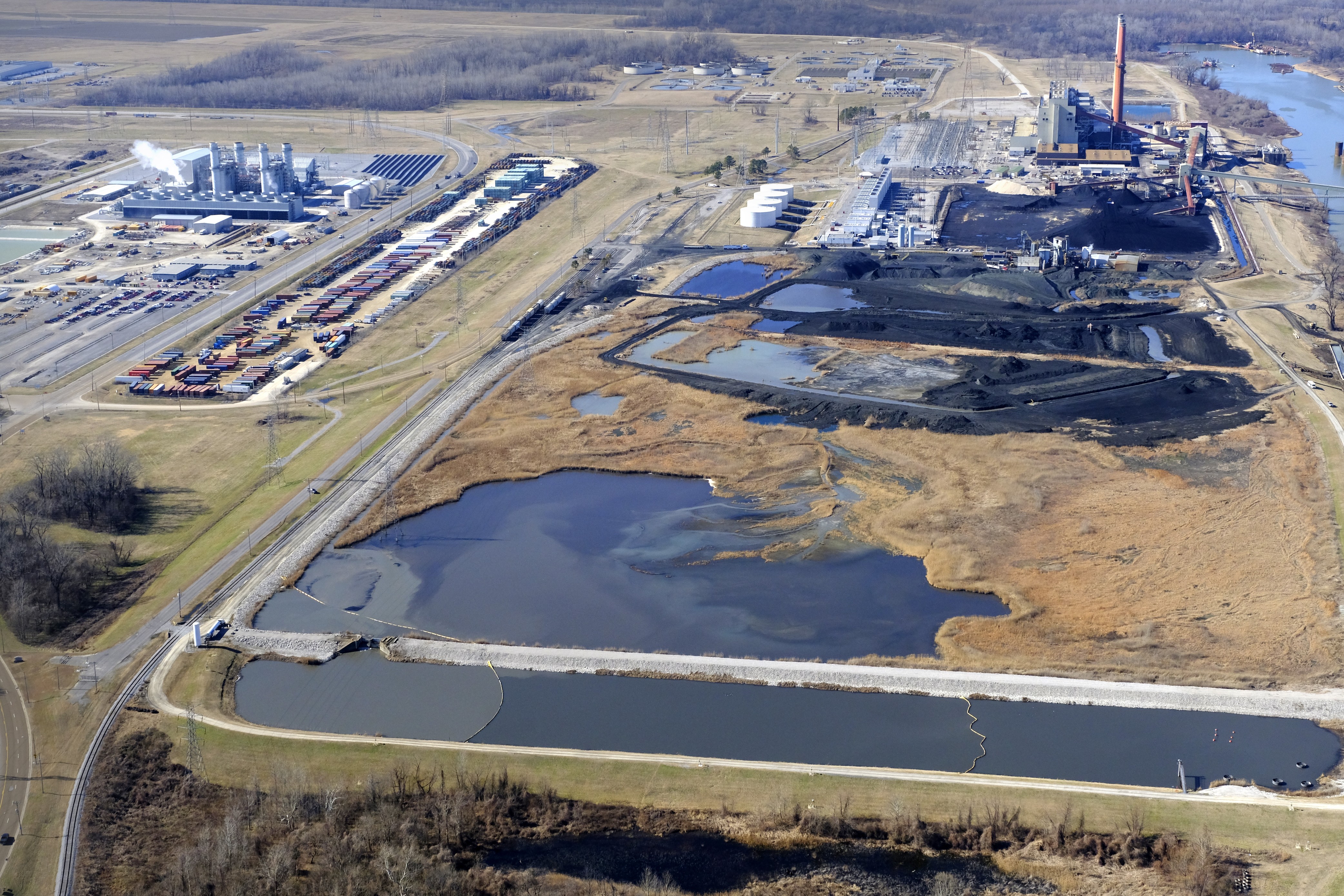 Southern Environmental Law Center
Southern Environmental Law Center 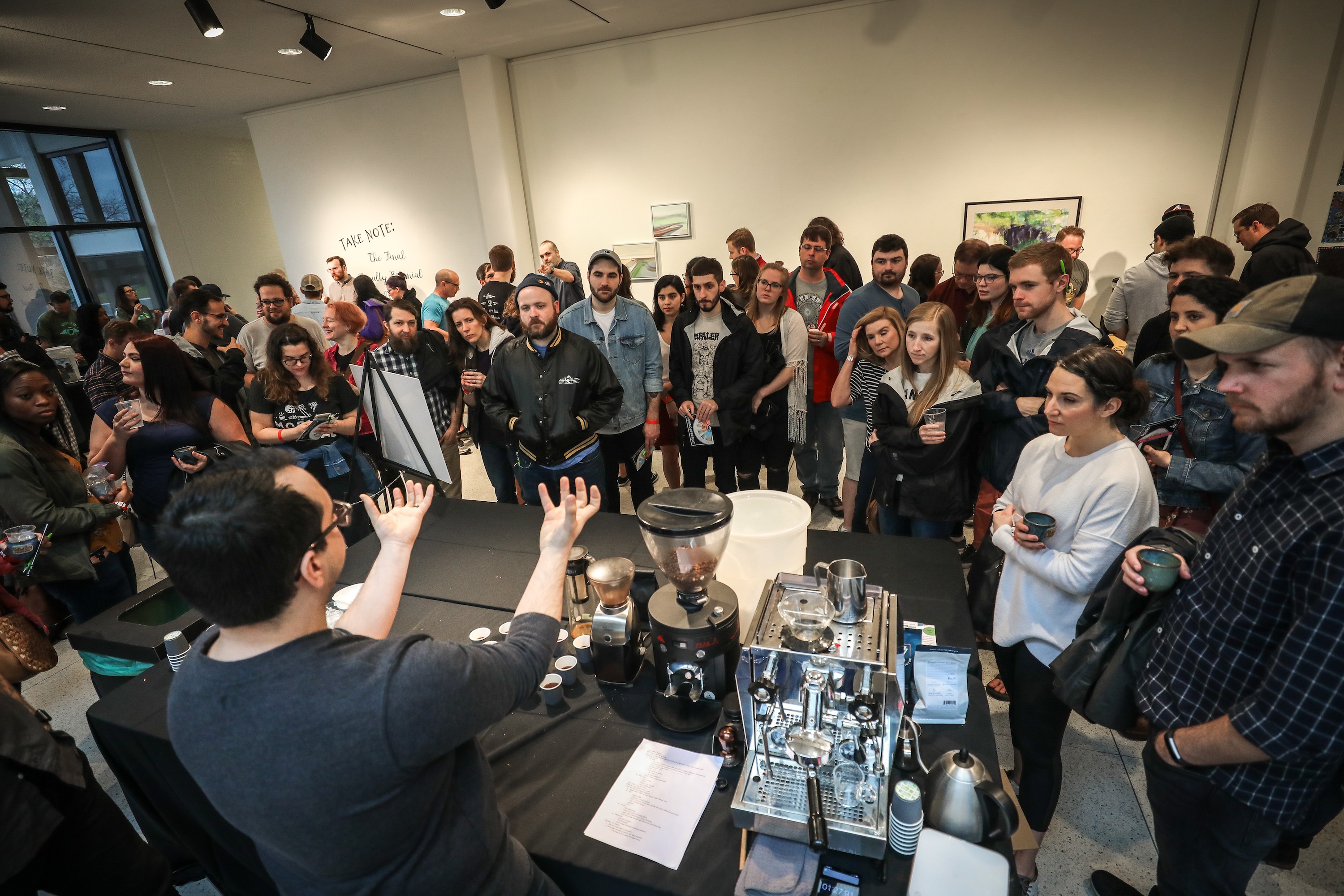 Grind City Coffee Xpo
Grind City Coffee Xpo 
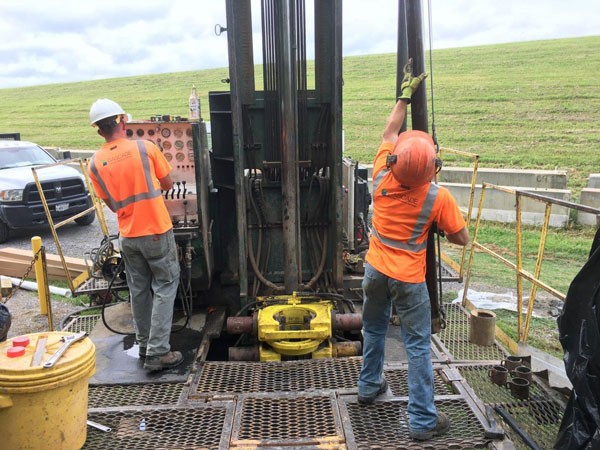 Tennessee Valley Authority
Tennessee Valley Authority 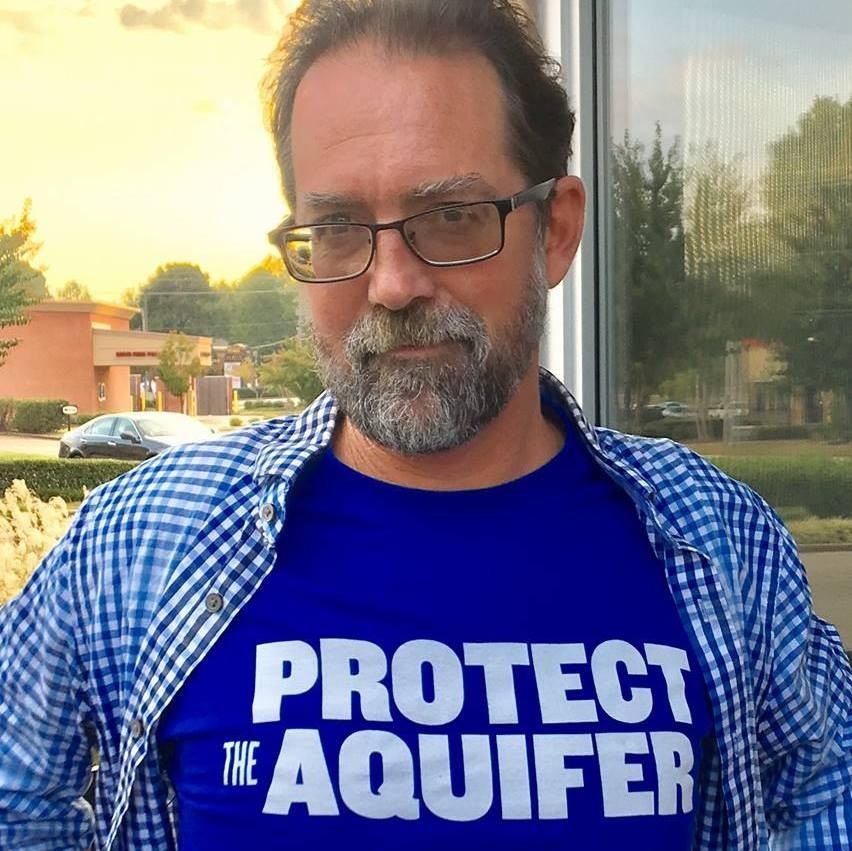 Facebook
Facebook 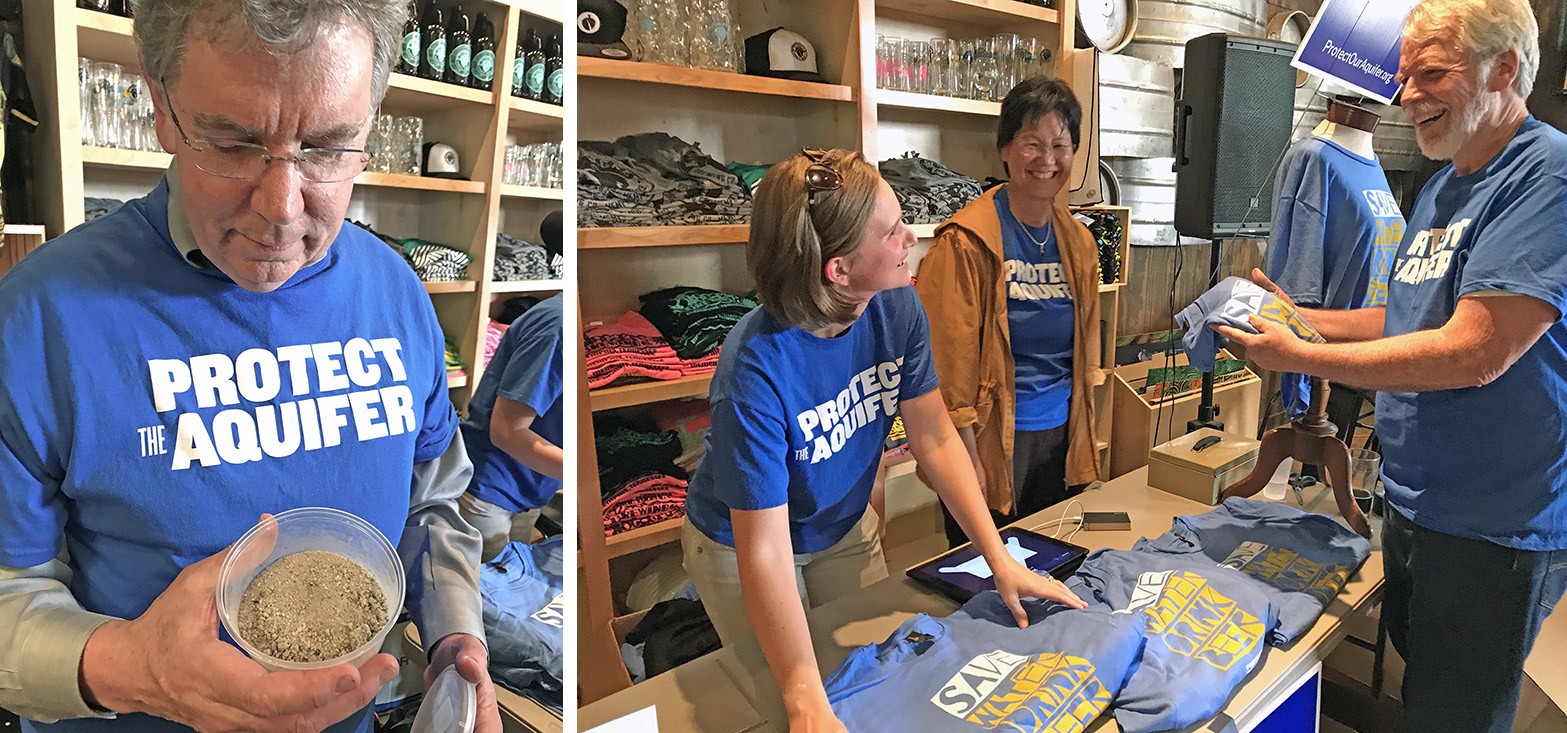 JB
JB 
 Southern Environmental Law Center
Southern Environmental Law Center  Southern Environmental Law Center
Southern Environmental Law Center